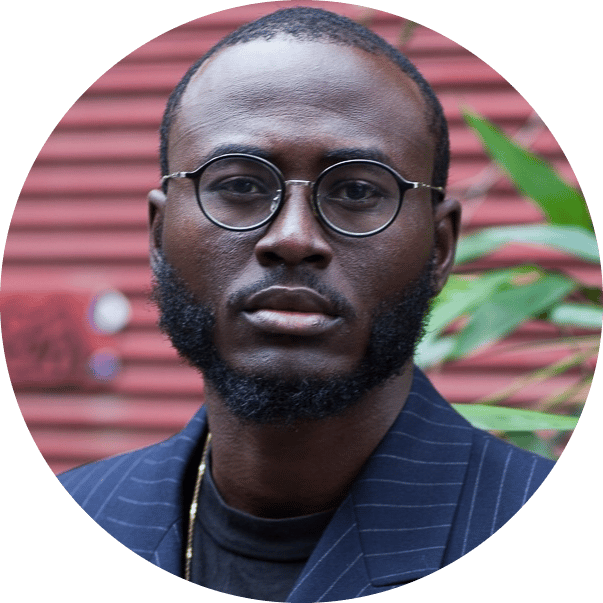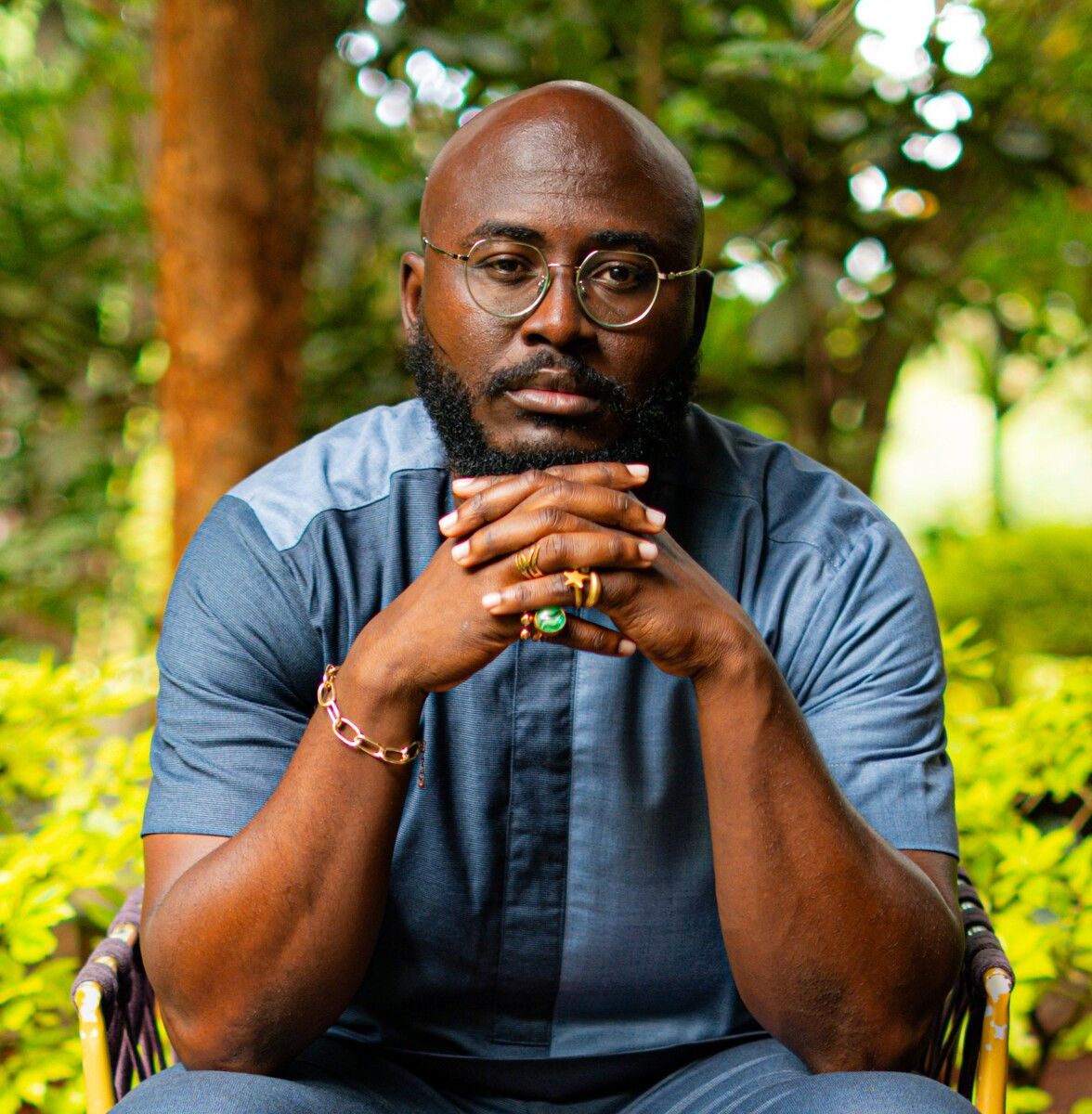SDS 018: Clarifying How to Standout
Hey! thank you for reading issue 018 of Startup Definition Sunday (SDS).
SDS is the newsletter for founders, bringing you clarity one actionable tip at a time.
SDS arrives every two weeks (you guessed it) on Sundays.
In every issue you can expect:
1 Definition of startup jargon
1 actionable tip you can implement right away
1 article on Africa tech that you should read
1 gift for founders
Let's dive in:
(P.S. I'll never sell your information, ever)
Hi - It's always such a pleasure to share each issue with you! If you missed the last issue, you can check it out here.
Before we dive into today's issue, Marge and I started something we think could be useful for founders - bi-weekly office hours to practice your 5-minute pitch.
Our Q3 sessions have begun. If you missed the most recent recorded session, you can catch the recording here.
The next session is this Wednesday (August 2) at 5pm WAT / 7pm EAT. Join us.

Let's dive into today's issue.
Here's a lesser-known fact about me: my father is a 2nd Dan black belt holder in Karate. As a result, Karate was part of my life until I left for boarding school.
While I didn't continue Karate after boarding school, the training in the neighborhood gym aerobics room-turned-makeshift dojo imparted a lesson that many early founders often miss:
Approach things differently here than you do elsewhere.
You may be wondering how this ties into the life of founders. Let me explain.
What is dry powder?
Dry powder: the amount of capital that is available to invest in promising startups and companies.
Why should founders care about dry powder?
From 2023 onwards, fundraising founders are dealing with a landscape vastly different from 2020.
Estimates suggest that about $200B of VC funds are waiting to be invested.
This dry powder, allocated for founders, remains untouched, causing founders to take twice as long to raise funds today as they did two years ago.
So, how can a founder raise funds today and tap into this dry powder?
By doing things differently.
What are the common things founders can do differently?
Build an MVP quickly and cheaply: In the current market, investors are wary of unproven ideas. While this might seem like a catch-22 for founders, this is the best time in history to build and test an idea. No-code solutions and customer-led product iterations can speed up your path to product-market fit (PMF). Investors go where the PMF shows.
Think globally, act locally: Most early-stage startups in Africa won't achieve international expansion in their initial 3 - 5 years. That's normal. However, investors are seeking deals that promise substantial returns. A solution catering to a hyper-local market might succeed but is unlikely to attract VC funding. Early expansion may not always be possible, but having a plan for your next steps can prepare you to reach new customers and revenue sources faster than expected. Investors value this kind of vision paired with execution.
Maintain a lean team: Many early-stage startups, upon securing funding, are eager to hire a team to help achieve their milestones. While the right team can be a great asset, the increased costs without clear revenue impact are unattractive to investors. Instead, save money by leveraging the complementary skills within your founding team and your early employees. Remember, it's not about having a large team; it's about having the right team to reach product-market fit
What are the unique things founders can do differently?
(only visible to subscribers at the time of publishing)
If you have learned something valuable today, consider joining SDS so you don't miss exclusive sections in future editions.
What'd you think of today's edition?
If you only read one thing this week, read this...
The concept of dry powder and understanding the factors that affect VC decision-making can seem arbitrary to non-VCs. Dr. Ola Brown offers a free course on YouTube that begins to clarify some of these aspects.
Here's why you should watch it: I've been reviewing this course weekly on Twitter - final review here - and I truly believe it is one of the most relevant Africa-specific courses on VC. The best part is that it's free.
Founder's Corner
As an investor, I know how challenging it can be for founders to get noticed by angel investors, especially without the right connections.
That's why I created an inbound form to allow founders to share their decks directly with me. It takes less than 5 minutes to complete. By breaking the mold and providing an alternative way for founders to connect with investors, I hope to help level the playing field.
Thank you for reading to the end of issue 018.
Until we meet again in two weeks, here's how we can stay in touch:
Let's chat again in two weeks,

Jasiel

